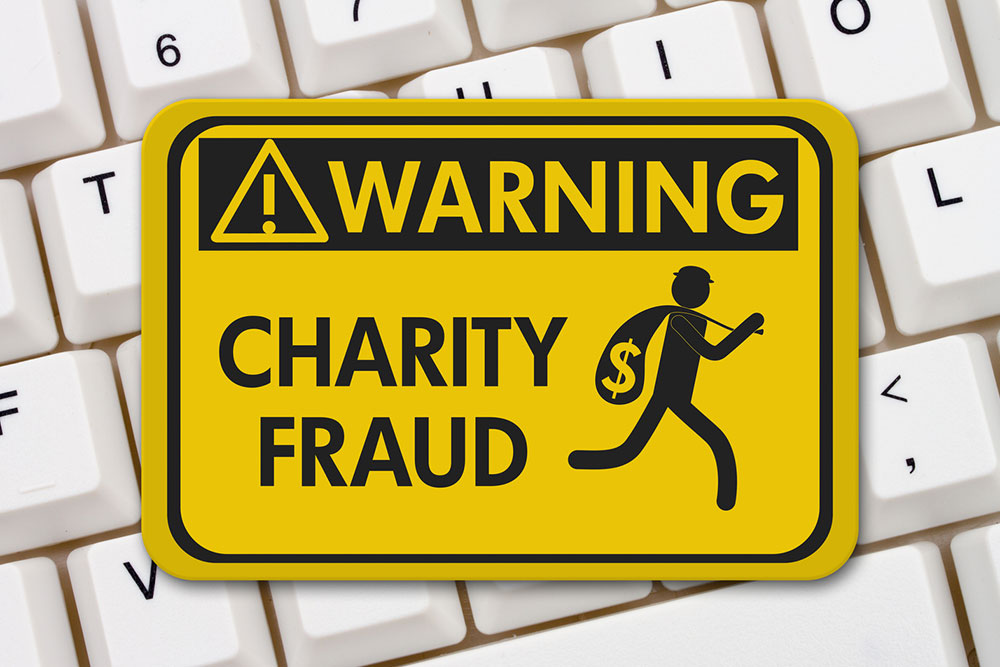
6 telltale signs of charity scams
Recent FBI reports show that charity scams have defrauded individuals of approximately $4.4 million. Charity scams are fraudulent activities where individuals or organizations pose as legitimate charities and exploit the generosity of people who want to contribute to a cause. These scams can happen through online or offline means. While individuals often donate with good intentions, they should always look out for the following signs to safeguard against potential charity fraud:
- Refusing to reveal information
A fake charity is usually reluctant to delve into details regarding their operations, work, outreach, location of their offices or headquarters, or EID number. They may also have vague mission statements and no clear knowledge about how their funds are utilized or the impact of their “activities.” If one feels that a charity that has reached out cannot answer these questions or is evasive, it’s highly likely that the organization is a scam. To steer clear of this and gauge the credibility and legitimacy of an organization, one should always ask questions and check the charity’s online presence, BBB ratings, reviews from past donors and recipients, if any, and ask for any documents or financial statements. - Showing fake documentation
Scammers may provide fake documentation, such as tax-exempt certificates or receipts, to make their scams appear more convincing. So, it’s always a good idea to verify these documents before committing to make any payments. - Getting incessant calls and emails
Fake charities often bombard individuals with unsolicited contact through emails, calls, or messages. Legitimate charities seldom do cold-calling for donations. So, this is another red flag that should raise concerns. - Pressurizing to donate
Scammers use emotional or time-sensitive tactics that create a sense of urgency, thriving on donors who make hasty decisions. This manipulation in the form of emotional appeals is often a telltale sign of a charity scam. - Faking or lacking an online presence
Scammers often set up fake websites that mimic the appearance of legitimate charity websites. They usually showcase subtle or negligible differences in their URL and website design, which can be easily overlooked and does not cause legal complications. In addition, fake charities also have very little social presence. They may have inactive online social media accounts or no engagement. This lack of social proof should raise concerns. Even if a charity has no social media accounts, they must be listed on legitimate online platforms like Better Business Bureau’s (BBB) Wise Giving Alliance, Charity Watch, and Charity Navigator, which are put in place to keep charities accountable. - Urging potential donors to make untraceable payments
Scammers frequently coerce donors into making payments through gift cards, wire transfers, or less traceable payment apps. These methods offer little accountability and make it easier for scammers to exploit individuals and evade detection.







